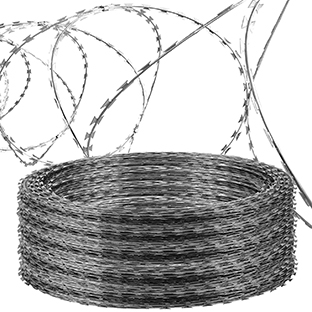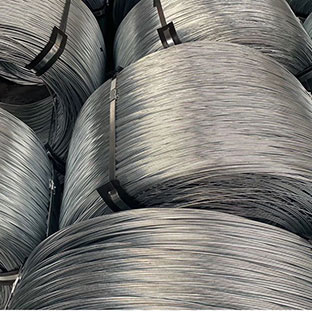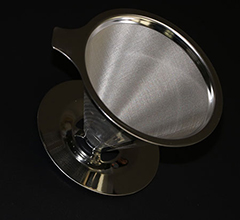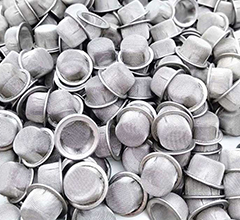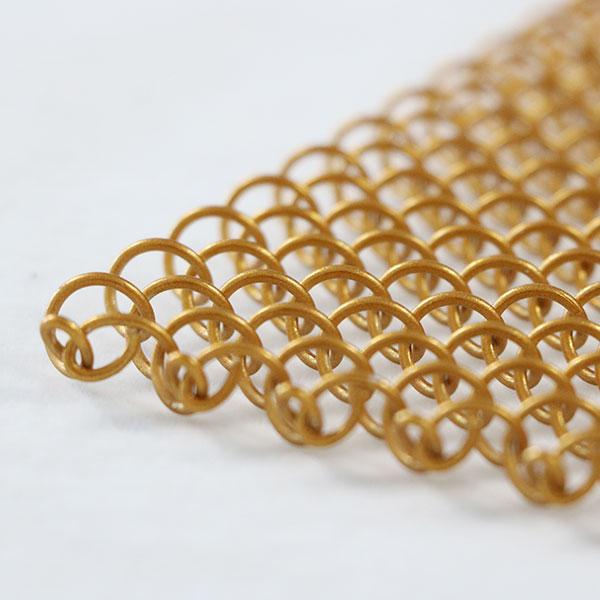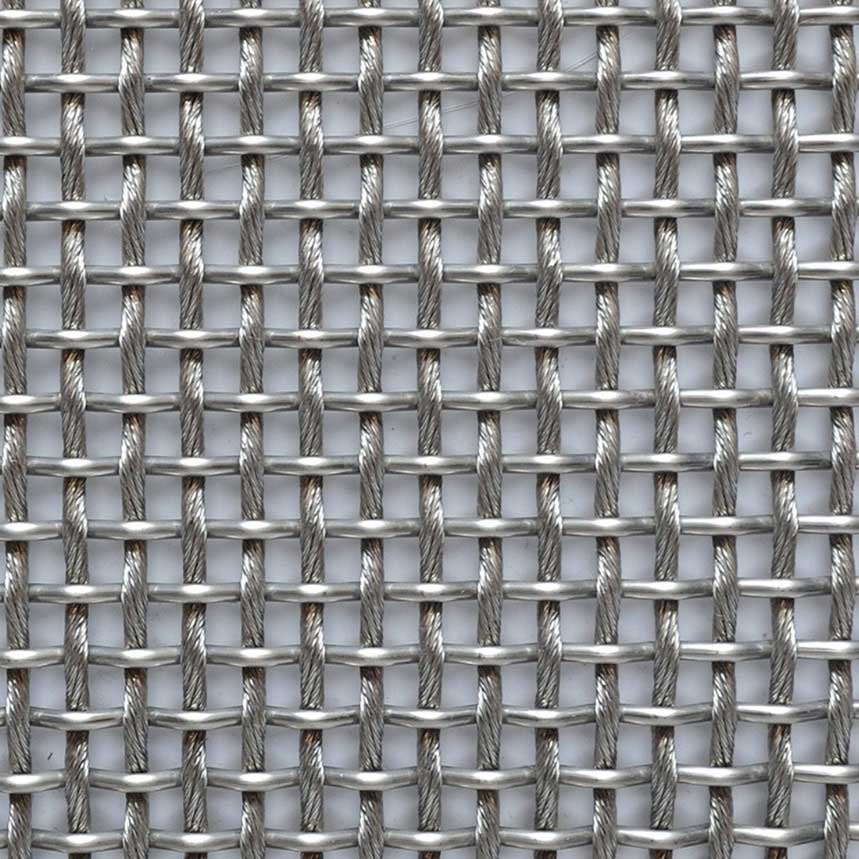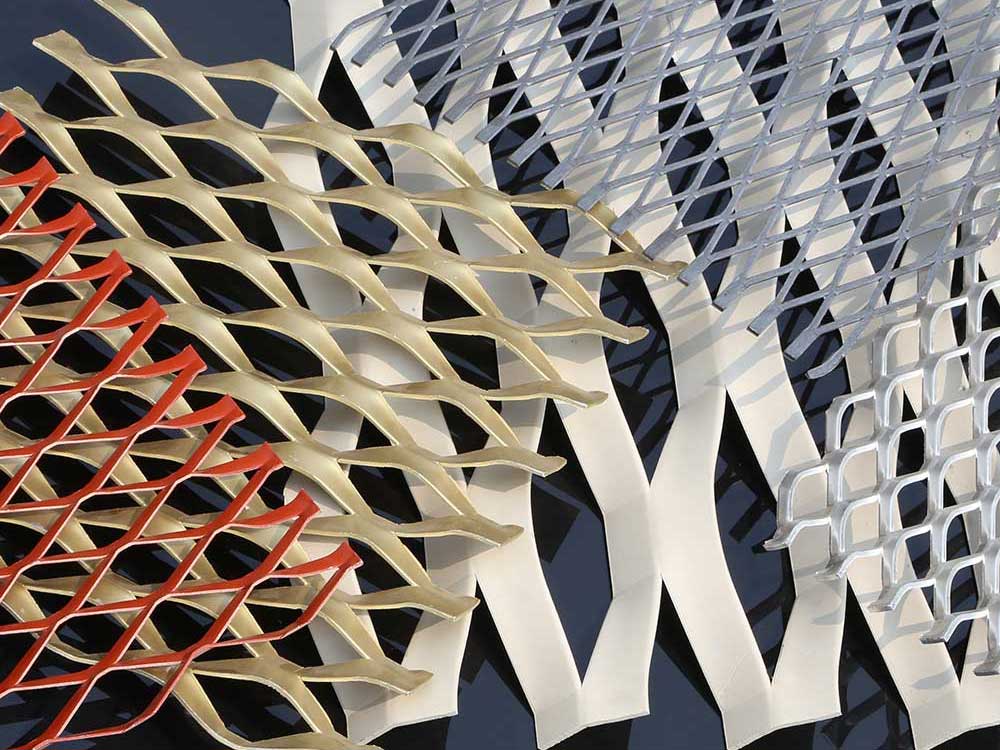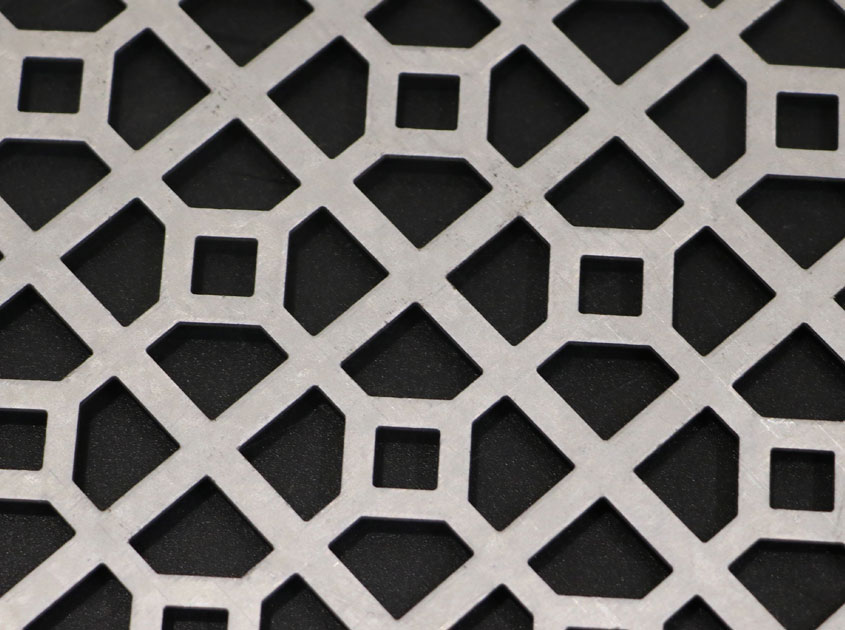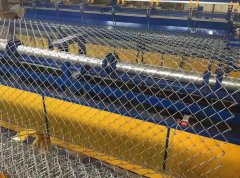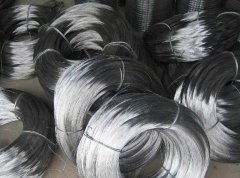Wire mesh is a “honeycomb metal” with a thin-walled textile structure that offers many advantages, including being lightweight, able to provide air circulation, and providing unique mechanical and thermal properties [1]. Silk-woven metals are widely used in many engineering applications due to their excellent versatility compared to traditional sheet metals [2], such as components in composite laminates [3], [4], [5], [6] ], [7] ], concrete reinforcement [8], [9], [10], [11], thermal fluid control structures [12,13], heat dissipation structures [14,15] and impact-resistant structures [16], [17], [18], [19]. In recent years, steel mesh materials have been increasingly used as impact load absorbers in security barriers. The purpose is to prevent unauthorized intrusion by humans punching, kicking and hitting with hard objects, and to provide protection against windborne debris. resistance[20]. Additionally, they are used to protect pedestrians from vehicle-driven rocks on highways, rockfalls in mountainous areas, and blast fragments in minefields [21], [22], [23], [24]. This is due to their high ductility, high yield strength and excellent energy absorption capabilities [25,26].
Since security screen doors and window grilles are used in many residential, commercial, and industrial buildings, they must be resistant to the impact of windborne debris, which is one of the most significant hazards to buildings during extreme weather [20, 27, 28]. A number of relevant standards have been developed to specify the level of impact load protection that wire mesh safety screens must meet [29,30]. For example, the Australian/New Zealand standard AS/NZS 1170.2:2011[31] stipulates the impact resistance requirements of safety screens from two aspects: large mass impact and small mass impact. According to the Florida Building Code [32], wind speeds during hurricanes can reach up to 180 mph (approximately 80 m/s). Maximum wind speeds of up to 215 mph (approximately 96 m/s) were reported during Hurricane Patricia in 2015, and maximum wind speeds of up to 250 mph (approximately 112 m/s) during tornadoes [33]. Since the velocity of windborne debris cannot exceed the wind speed, AS/NZS 1170.2:2011 [31] recommends that the impact speed of small mass projectiles is approximately 40% of the wind speed (up to 44 m/s), while ASTM E1886-13a [34] recommends that the wind speed The range is between 0.4 and 0.85 of the base wind speed (up to 44–82 m/s).

A better understanding of the impact response of steel mesh [35] is needed to withstand the effects of such extreme events and provide or improve building protection. Several recent studies have begun to focus on the impact behavior of bare wire mesh and wire mesh reinforced structures under various impact loading conditions. Chen et al. [20] studied the performance of steel mesh reinforced structural insulation panels against the impact of wind-borne debris (4 kg rod-shaped wooden projectiles) (range 20 to 23 m/s). Meng et al. [36] conducted large-scale missile impact tests on steel mesh-reinforced structural insulation panels, and a similar approach was adopted by Rambo-Roddenberry et al. [37] studied the impact behavior of roofing systems made of wire mesh. Ballantine et al. [38] studied the protective ability of wire mesh against the impact of small steel balls (from 123 to 294 m/s) in explosion events. Li et al. [19] used steel wire mesh to reinforce concrete slabs under close blast loads. They found that the steel wire mesh provided good blast resistance due to the local membrane effect, and the closely spaced steel wire mesh effectively reduced the propagation of blast waves, resulting in to reduce structural damage. Wei et al. [11] studied the performance of steel mesh-reinforced ultra-high-performance concrete columns under lateral impact loads; the results showed that full-section steel mesh-reinforced columns have better impact resistance than columns reinforced only in the tension zone. Myagkov and Shumikhin [39] used wire mesh as shielding protection for spacecraft and studied its response to high-velocity impacts of aluminum balls (2.5 to 3.5 km/s). Most previous studies have focused on large-mass (e.g., wood mass around 4 kg) impacts following criteria [36,37], while the impact of small-mass projectiles on wire mesh in the moderate velocity range has rarely been studied. Research. According to the findings of Olson et al. [40], the impact response characteristics of light impactors at moderate speeds and large mass impactors at relatively low speeds are different. In the former, the response is dominated by transient shear waves and bending waves, while in the latter the response is similar to a quasi-static response. Therefore, it is necessary to provide an overview of the impact response of a small missile hitting a wire mesh in the moderate speed range.
To this end, a series of impact tests were conducted on steel mesh specimens using spherical steel projectiles in the speed range from 112 to 152 m/s. The velocity changes of the projectile and the energy absorption of the wire mesh were analyzed. To gain insight into the stress distribution, energy absorption evolution and failure mechanisms of the mesh, a detailed finite element (FE) model of the mesh was developed using the FE code ANSYS/LS-DYNA. Simulation results in terms of residual velocity, energy absorption and failure processes are compared with experimental data to validate the model. Additionally, additional virtual tests with impact velocities beyond the experimental range were performed to gain a broader understanding of the dynamic response of the mesh.


.jpg)




.png)






































